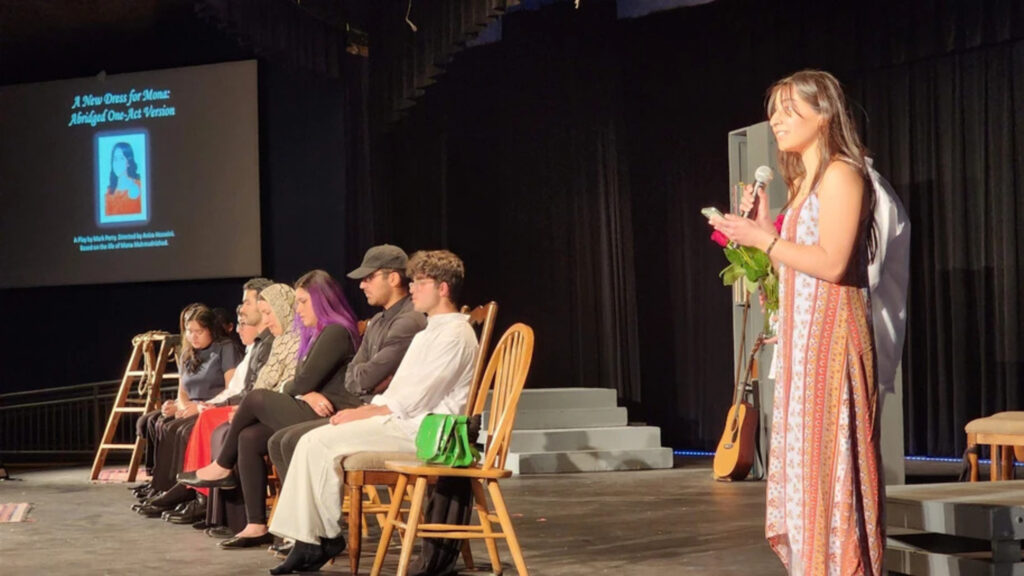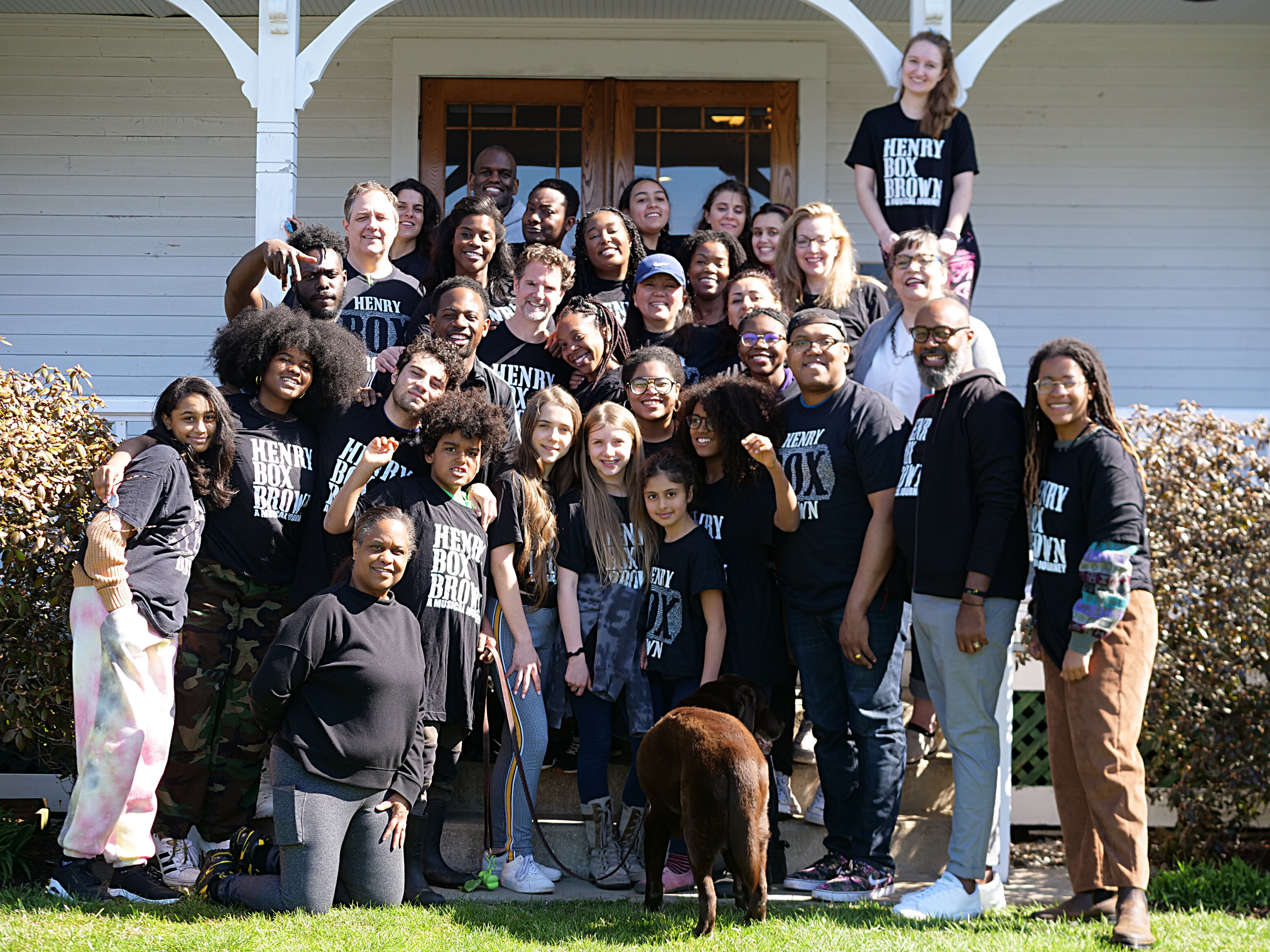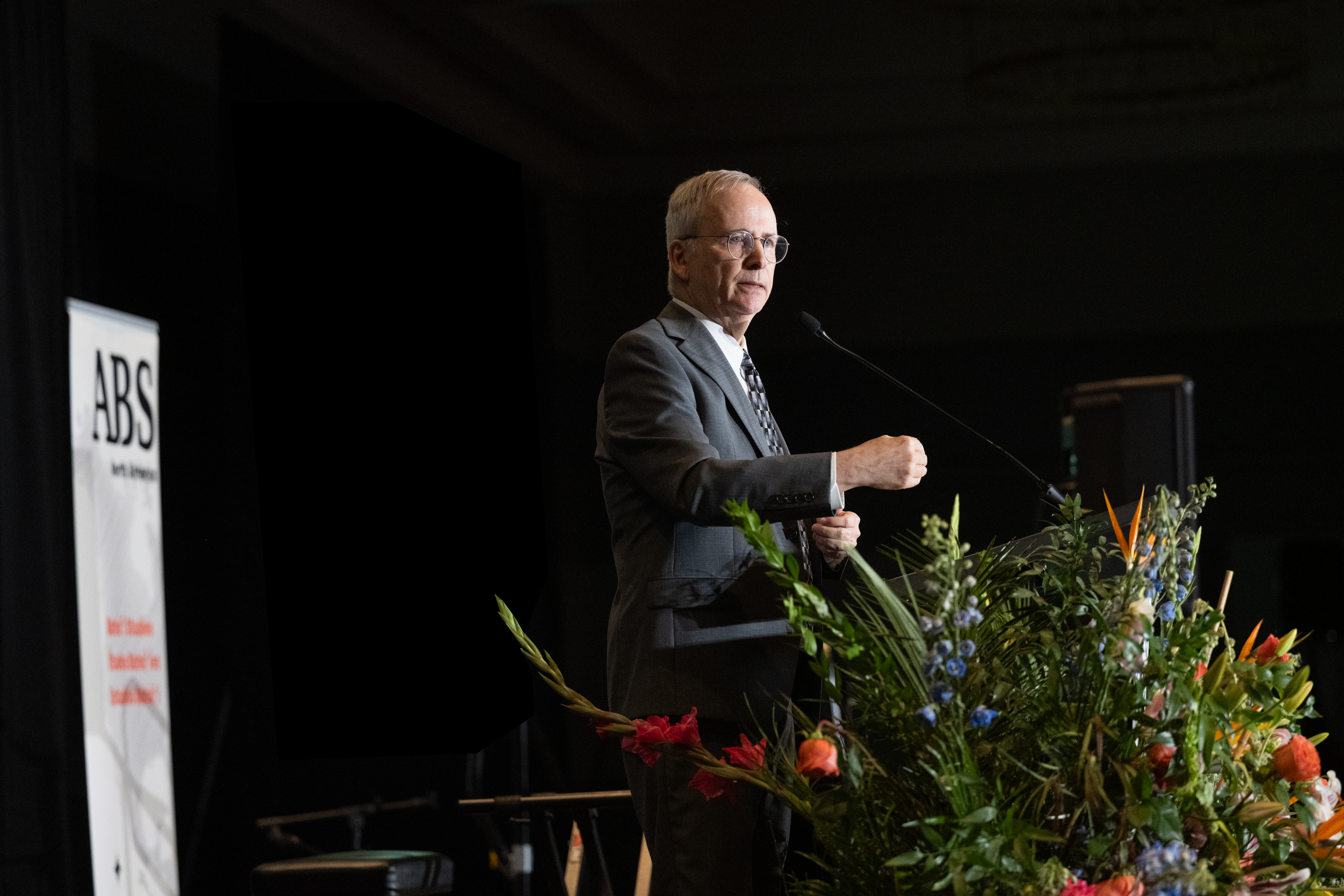
Mona’s story lives on in Texas
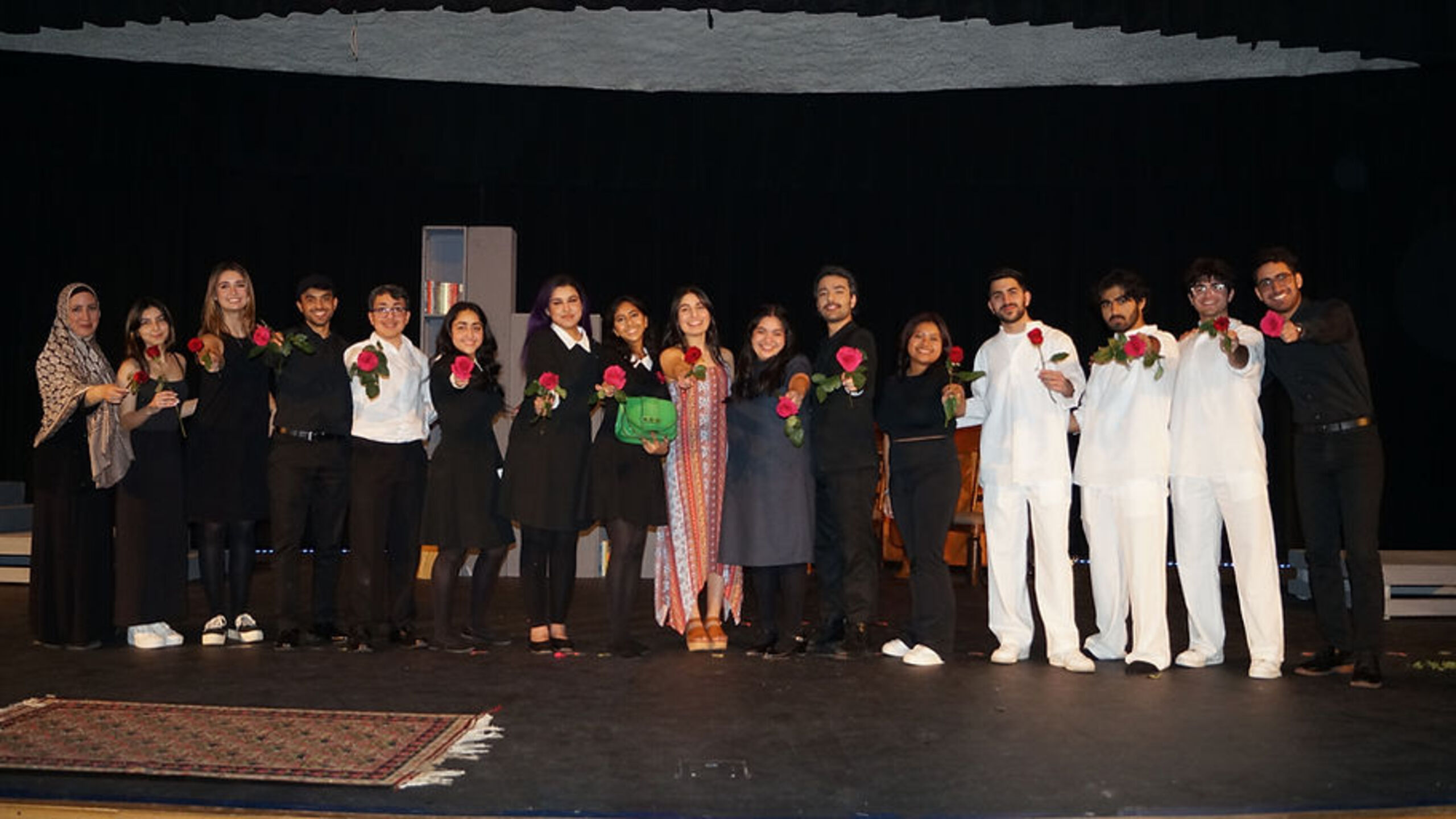
As reported by cast member, Amanda Provost Sevak
Even after 40 years, the story of the faith and sacrifice of Mona Mahmoudnejad, a 17-year-old executed in Iran for refusing to recant her Baha’i Faith, moves people to tears. A recent North Texas-based touring production of Mark Perry’s one-act play, “A New Dress for Mona” brought Mona’s heroic tale to combined audiences of more than a thousand.
What started out as a college senior capstone project for Anisa Hosseini, a theater student at the University of Texas in Dallas, seemed to grow wings of its own. For her directorial debut and graduation requirement, Hosseini wanted to present something meaningful and combine her love of theater and education with her Baha’i identity. She pitched the idea of staging “A New Dress for Mona.”
Only later did she realize the production perfectly coincided with the #OurStoryIsOne Campaign, sponsored by the Baha’i International Community to promote artistic expressions that would mark the 40th anniversary of the martyrdom of ten Baha’i women in Shiraz in 1984.
Hosseini convinced some of her Baha’i friends to take roles and then held open auditions. Out of an original cast of 12, three parts, that of Mona, Mona’s mother, and Mona’s friend, Farah, went to actors who were previously unfamiliar with the story. Things moved quickly, with time enough for only one week of rehearsals.
The play drew 200 people to each of its two stagings at the Plano Baha’i Center. The performances evoked emotional memories for audience members who personally knew Mona or one of her sister-martyrs. “The play took me to 40 years ago and brought back to life the memories of those historical and spiritual moments,” says Soosan Sabet, a Baha’i from Dallas.
Throughout, the moving portrayals elicited audible gasps from the crowds.
“I had goosebumps all over my body during the act, and even my mother, who doesn’t understand English, was moved to tears by the wonderful performance,” says Makan Kamel, from Plano.
The performances were met with tears and standing ovations.
One Baha’i says she was so affected by the performance that she wasn’t able to watch the whole thing. “It made me feel I am going through those dark times all over again,” says Shiva Shaba of Houston, who says she couldn’t believe that the actors could elicit such grief. “These youth are coming from another generation and grew up in a culturally different environment.”
Audience members were surprised when they found out Gayathri Kosigi, who played Mona so convincingly, was neither Persian, nor a Baha’i. One woman from Plano who had known Mona in Shiraz hugged Kosigi for a very long time after her performance. “That is the first time I’ve ever experienced that someone knew the person I was portraying,” Kosigi says, “I’ve never felt so welcomed and appreciated during a show.”
The actress who played Mona’s mother, Megan Lemonds, seemed to capture her essence and anguish in a way recognizable to those who knew her in real life. Lemonds says that this role was her favorite of all the plays she has done, because the audience response was so unique. Persian men with tears streaming down their cheeks thanking the actors for telling this story was something they would not soon forget.
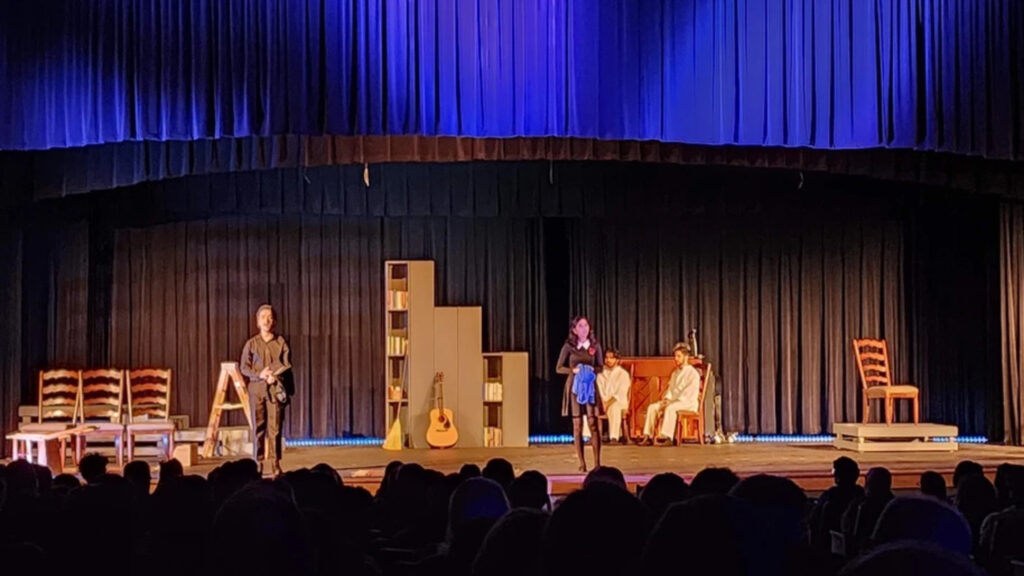
A young Muslim woman in the cast, Wania “Nia” Sheikh, played Farrah, Mona’s friend. “The Mona play came into my life unexpectedly and left a bigger mark than I would have expected it to,” says Sheikh. “It has changed me as a person. It was a sort of spiritual awakening, a journey that I ended up taking that led me closer to myself and my own religion. I will continue to share Mona’s story wherever I go and whenever I get the chance to.”
The show was expected to run for only the two performances, but the cast and crew were invited to tour at the Baha’i Center in Houston, then later in Austin. In order to encourage as many people as possible to attend, admission was free. The production received generous donations from individuals as well as the financial support of the local Baha’i communities.
The final performance in Coppell, a suburb in the Dallas-Fort Worth area, attracted more than 500 people. Many Baha’is brought friends and associates to see the play, which became a tool for discussion about human rights and about religious persecution.
Ellen and Scott Hakala, Baha’is from Highland Village, Texas, brought ten friends to the play and hosted a fireside dinner afterwards. “Our friends were deeply moved,” Ellen says. “Most are highly educated and they were surprised they didn’t know about the situation in Iran.”
After one performance in Houston, an audience member who was not a Baha’i, stood up and pleaded for everyone to contact their congressmen to end the persecutions as he had witnessed the suffering of his friends.
Yash Pathi, who volunteered his time to assist his friends in the crew, did not previously know about Mona’s story. “Mona’s courage resonated deeply with me,” Pathi says. “It created a moment of reflection, urging me to contemplate the liberties we frequently overlook and take for granted as citizens of the United States.”
Hosseini had to quickly adapt her artistic vision to prepare each subsequent venue: welcoming new actors, adjusting the blocking and including new songs. She says the additions made the play stronger each time.
The modifications “deepened the message,” says Snigdha Kola, who has been coming to Bahá’i activities over several years and saw the play twice. She says the actor’s portrayals were “deep beyond words, leaving an impact that I will carry with me for a long time.”
A friend of Mona’s mother heard about the traveling theater production. She gave Hosseini a green leather purse that had belonged to Mona to use as a prop. In this way, a small piece of the young martyr traveled with the troupe.
Hami Eghrari, assistant director, says that Mona “was killed in secret and buried in the silence of the night–but decades later we’re still telling her story loud and clear, in a whole different continent. If that’s not powerful, then I don’t know what is.”
The play, A New Dress for Mona, written by Mark Perry was originally published in 2002. It gets its title from a dream Mona had some months before she went to prison. In the dream, Mona was offered her choice of three garments: one was red, which symbolized martyrdom; one was black, which meant a life of sadness and suffering; the third was blue, Mona’s favorite color—it stood for a life devoted to serving humanity. In her dream, Mona chose the blue. In her life, Mona eventually wore each of them.
